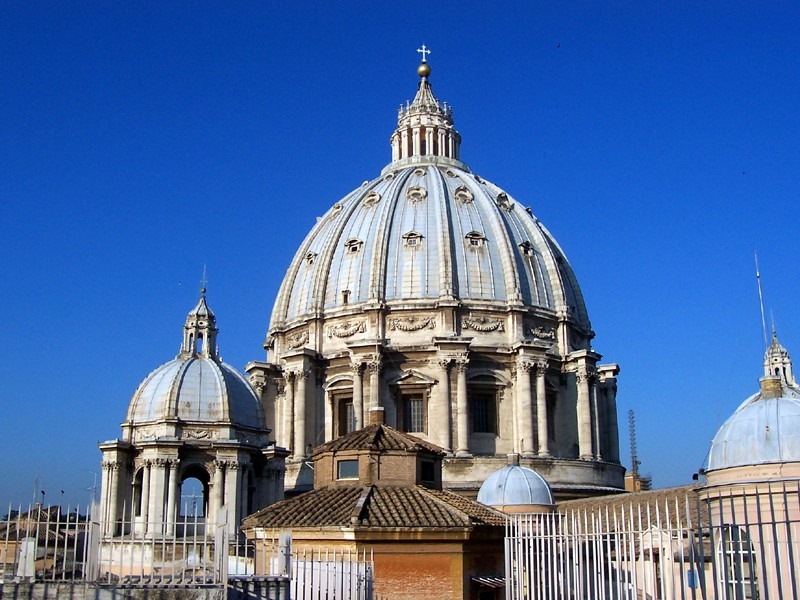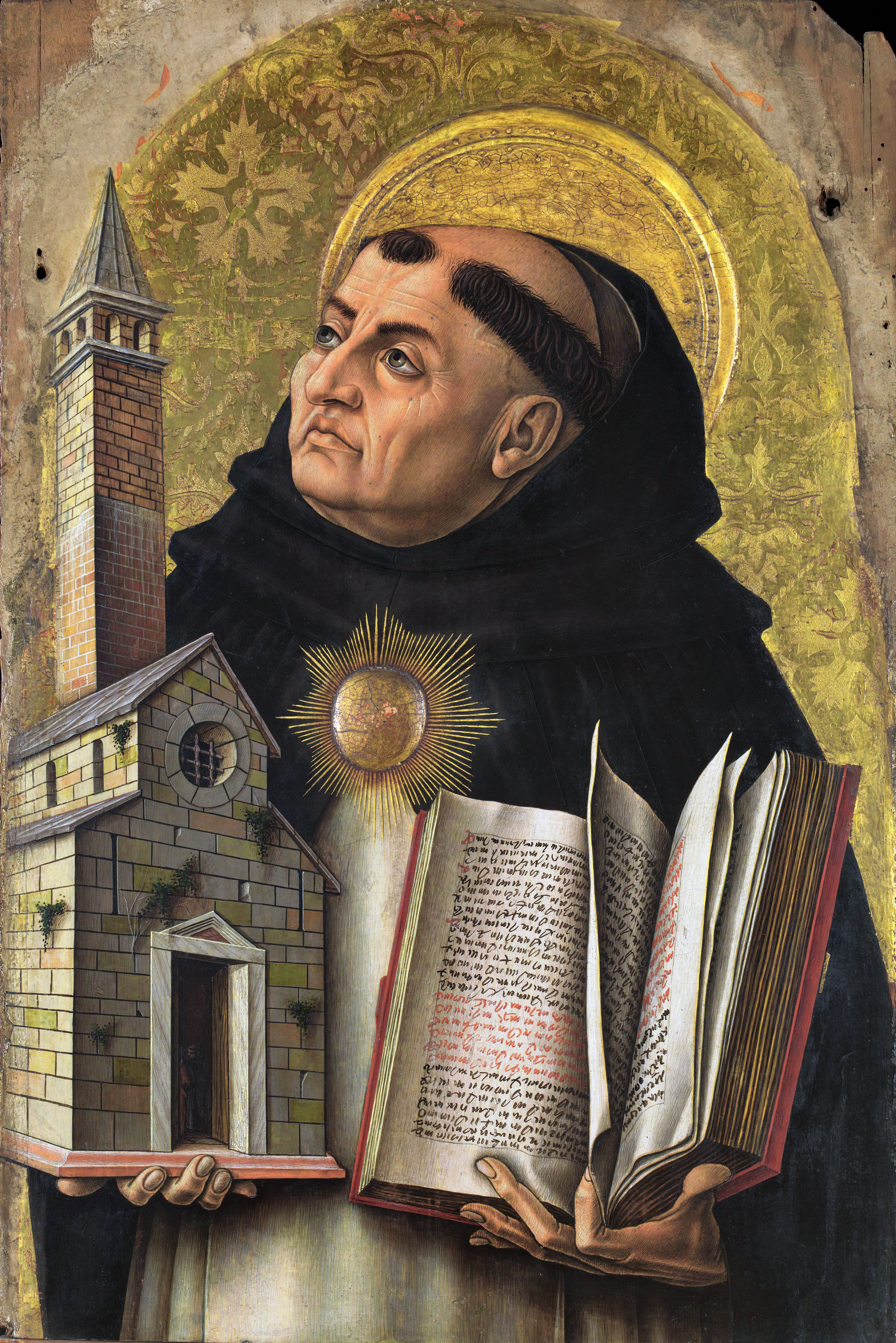Gregory, of Nyssa, Saint, approximately 335-approximately 394
Enlarge text Shrink text- ספר: Exegesis and mysticism in Gregory of Nyssa's and Ambrose of Milan's commentaries on the Song of Songs, 2008.
Gregory of Nyssa, also known as Gregory Nyssen (Ancient Greek: Γρηγόριος Νύσσης or Γρηγόριος Νυσσηνός; c. 335 – c. 394), was an early Roman Christian prelate who served as Bishop of Nyssa from 372 to 376 and from 378 until his death in 394. He is venerated as a saint in Eastern Orthodoxy, Catholicism, Oriental Orthodoxy, Anglicanism, and Lutheranism. Gregory, his elder brother Basil of Caesarea, and their friend Gregory of Nazianzus are collectively known as the Cappadocian Fathers. Gregory lacked the administrative ability of his brother Basil or the contemporary influence of Gregory of Nazianzus, but he was an erudite Christian theologian who made significant contributions to the doctrine of the Trinity and the Nicene Creed. Gregory's philosophical writings were influenced by Origen. Since the mid-twentieth century, there has been a significant increase in interest in Gregory's works from the academic community, particularly involving universal salvation, which has resulted in challenges to many traditional interpretations of his theology.
Read more on Wikipedia >
 Personality
Personality








